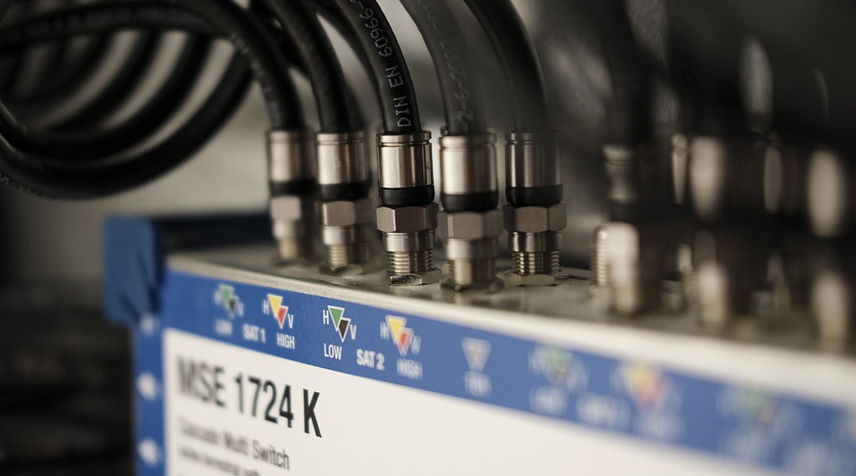Understanding Your Power Behind the Wheel
Let’s face it, a rumbling engine and a shifting transmission are key ingredients in any truck experience. But what happens when your trusty Dodge Ram starts acting up? Don’t worry, troubleshooting is easier than you think! We’re diving into common problems, their telltale signs, and basic fixes to get your Ram back on track – whether you’re a seasoned mechanic or just starting out with some wrench-turning adventures.
A smooth shifting experience is paramount for any truck owner. This often translates to a satisfying ride that keeps you confident on the open road, but when something goes wrong, it can be a real headache. Whether your Ram is struggling to engage gears smoothly or leaving you stranded, understanding the common transmission issues and their symptoms will help you pinpoint the problem faster.
When Your Gearbox Is Giving You Trouble
Dodge Ram transmissions are built for toughness and durability, but even these robust systems can experience wear and tear over time. A few common culprits behind transmission problems include a range of issues like worn-down clutches, faulty sensors, or clogged filters. These issues can lead to erratic shifting, slipping gears, and even complete breakdowns.
Before you jump into any troubleshooting steps, it’s crucial to note your specific Ram’s year, make, and model, as they all have unique transmission nuances.
Pinpointing the Problem
Let’s dissect some of the most common symptoms that signal a potential issue with your Dodge Ram’s transmission:
**1. Slippage or Hesitation:** Do you experience sudden shifts, hesitation when accelerating, or difficulty moving from a standstill? This could indicate problems with clutch plates, valve body adjustments, and even worn-out bands.
**2. Unusual Noises:** The sound of grinding, clunking, or buzzing from the transmission area is more than just an annoying hum – it might signal a serious issue. These noises can be caused by worn gears, damaged bearings, or something as common as debris in the system.
**3. Rough Shifting:** If your Ram shifts harshly between gears, feels jerky, or even sputters when changing, there could be problems with the shift linkage, valve body, and even the torque converter.
**4. Increased Transmission Fluid Burning Smell:** This is a sign that something is not right! Overheating can lead to burning fluid, which may require immediate attention from a mechanic, as this smell can indicate transmission damage or leaks.
The DIY Diagnostic Approach
While an expert mechanic’s help is always recommended for complex issues, you can certainly start with some basic diagnostics. Here are a few essential steps to take when working on your Ram’s transmission:
**1. Check the Fluid Level and Condition:** A good starting point is ensuring your transmission fluid level is correct. If it’s low or contaminated, that can be an indication of potential issues down the line.
**2. Inspect for Leaks:** Look for any signs of leaks under your truck, especially around the transmission pan or lines, as this could highlight a larger issue requiring professional attention.
**3. Listen for Unusual Sounds:** Pay particular attention to any unusual noises emanating from the engine bay when you’re accelerating, shifting gears, or even driving at a consistent pace. This is your first line of defense in identifying potential problems early on.
When to Seek Professional Help
While some transmission issues can be tackled by the DIY enthusiast, others require expert intervention. If you encounter any of these symptoms, don’t hesitate to reach out for professional help:
**1. Loss of Power or Acceleration:** When your Ram suddenly loses power during acceleration, it could indicate a problem with the transmission components requiring immediate attention.
**2. Shifting Issues That Can’t Be Corrected:** If you’ve tried basic adjustments and are still dealing with rough shifting, slipping gears, or other difficult-to-fix problems, it’s best to consult a mechanic specializing in transmissions.
**3. You Feel Uneasy or Confused:** Don’t be afraid to seek help when you feel overwhelmed or uncertain about your truck’s condition. A knowledgeable mechanic can guide you through the diagnosis and repair process for a more comfortable experience
Remember, early detection and proactive maintenance are key to ensuring smooth gear shifting and preventing costly repairs down the road. The steps outlined above will help you identify potential issues and potentially handle some minor troubles yourself, while professional assistance is crucial when dealing with complex transmission problems.


